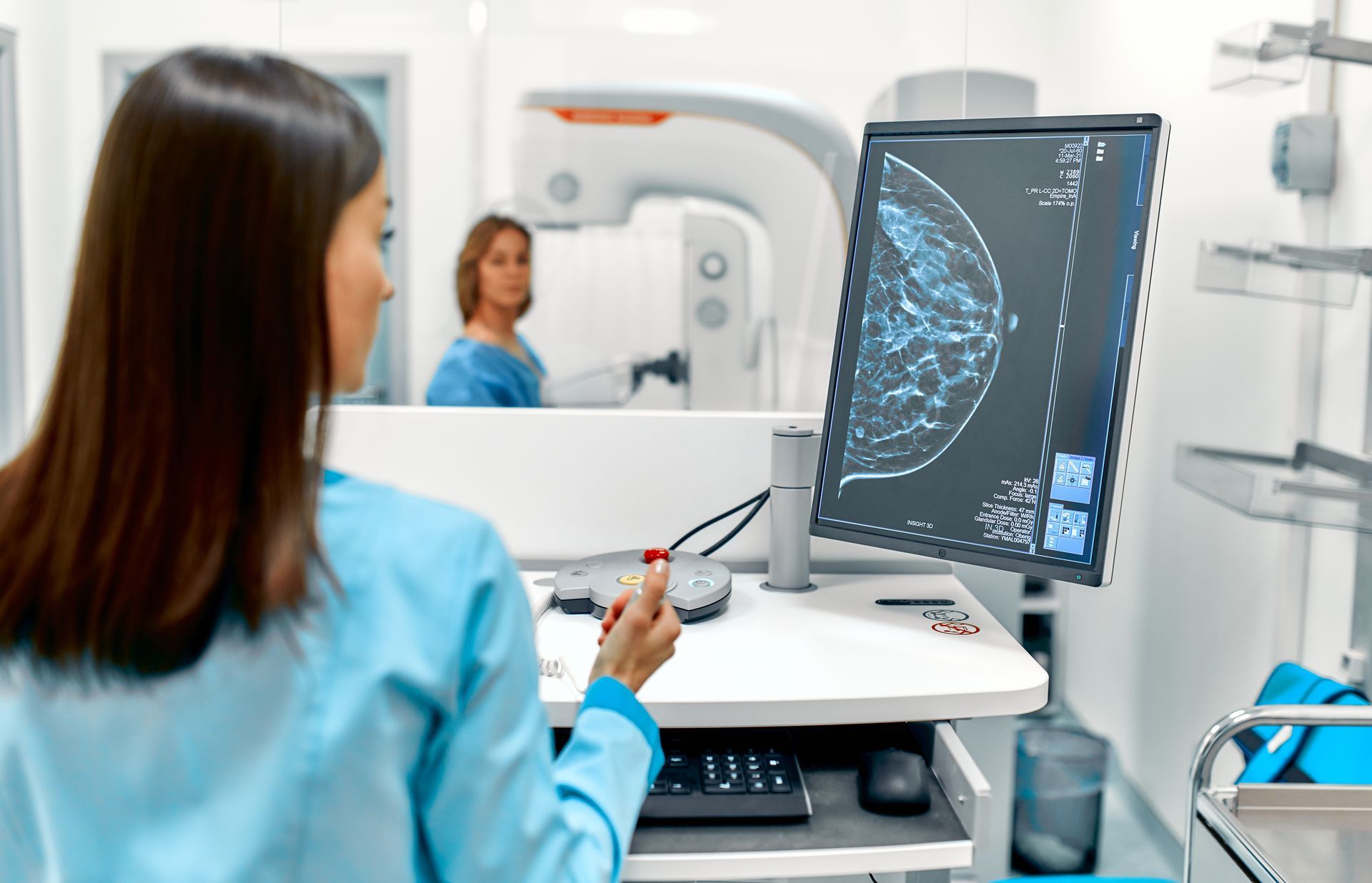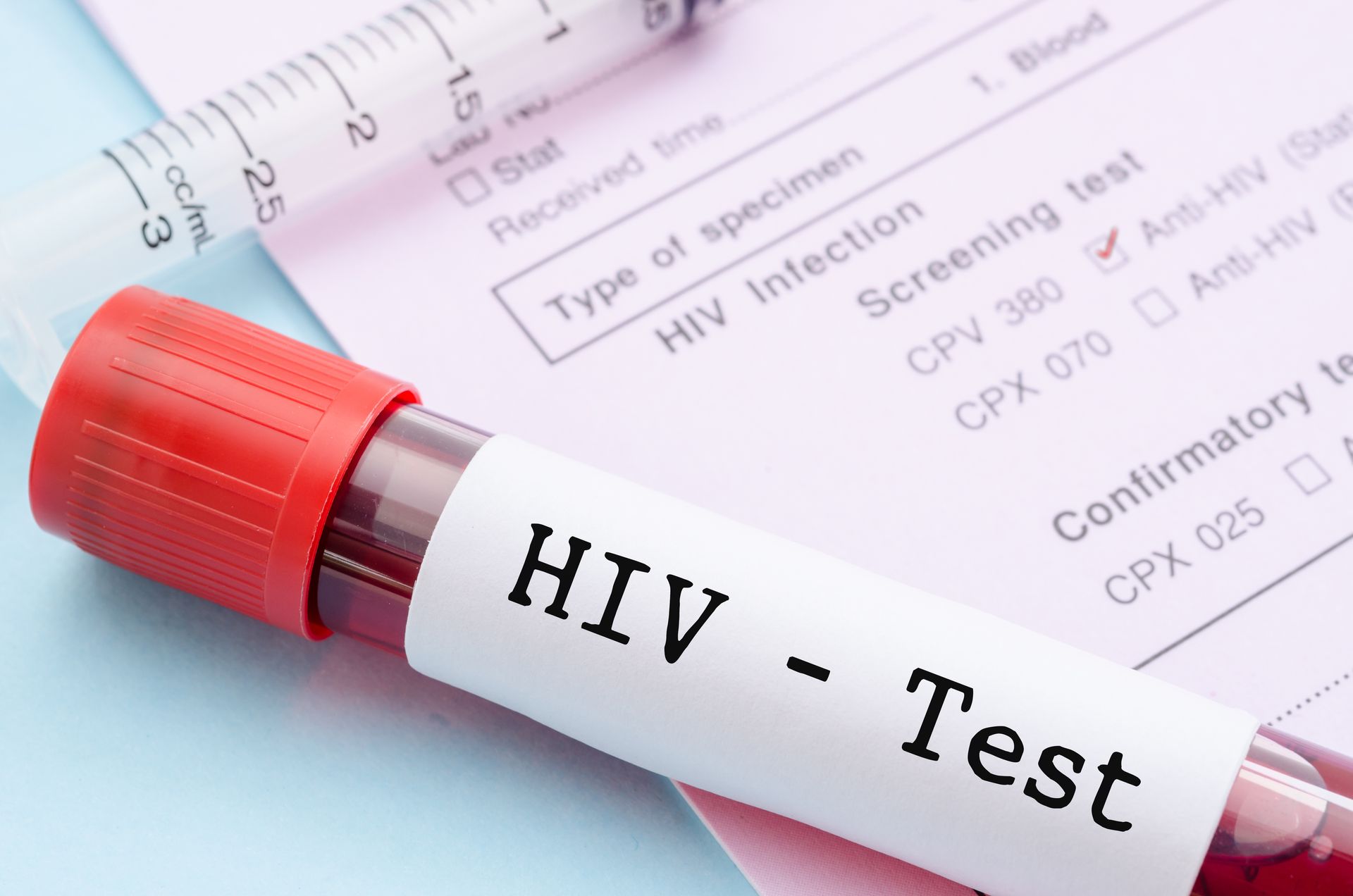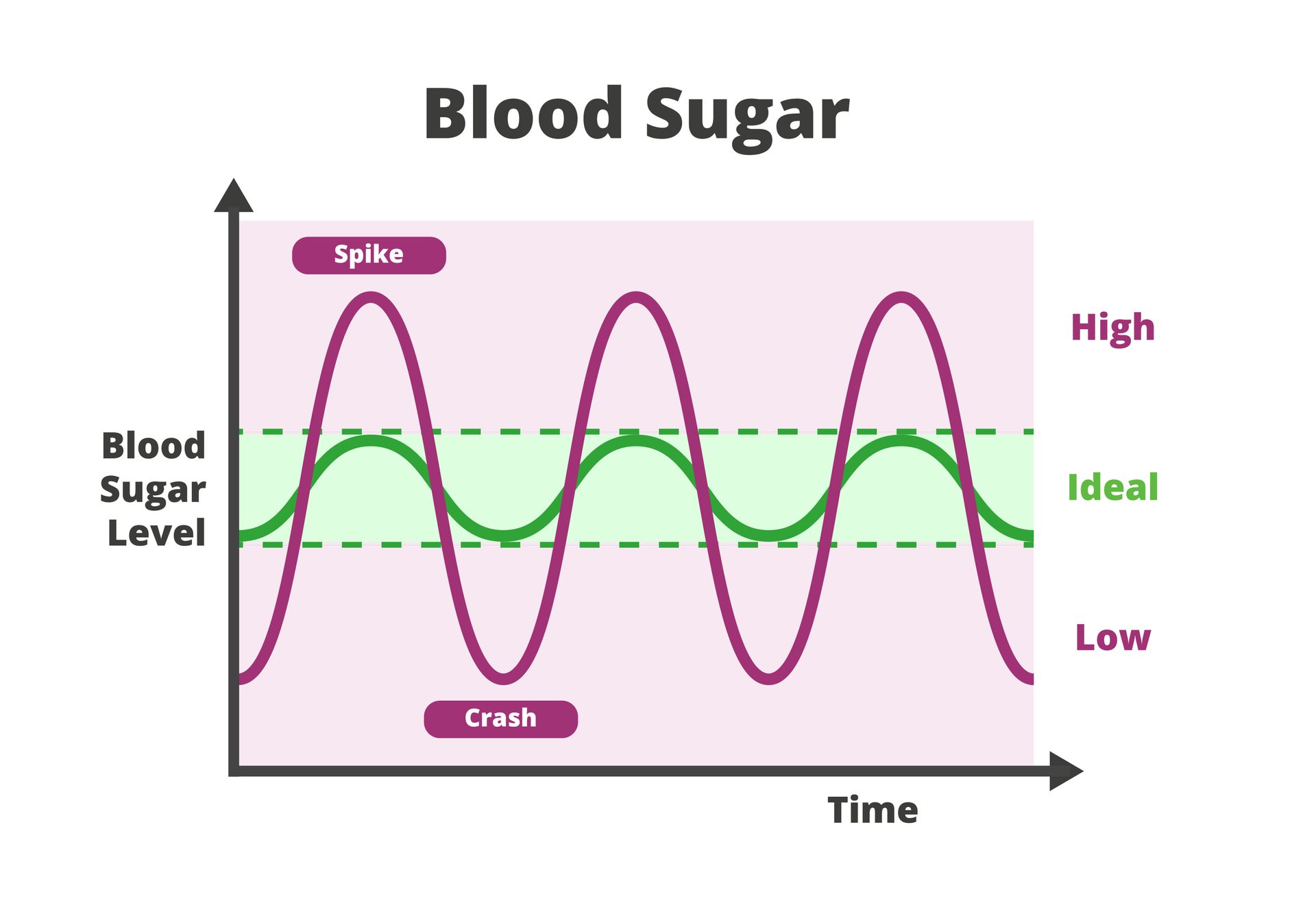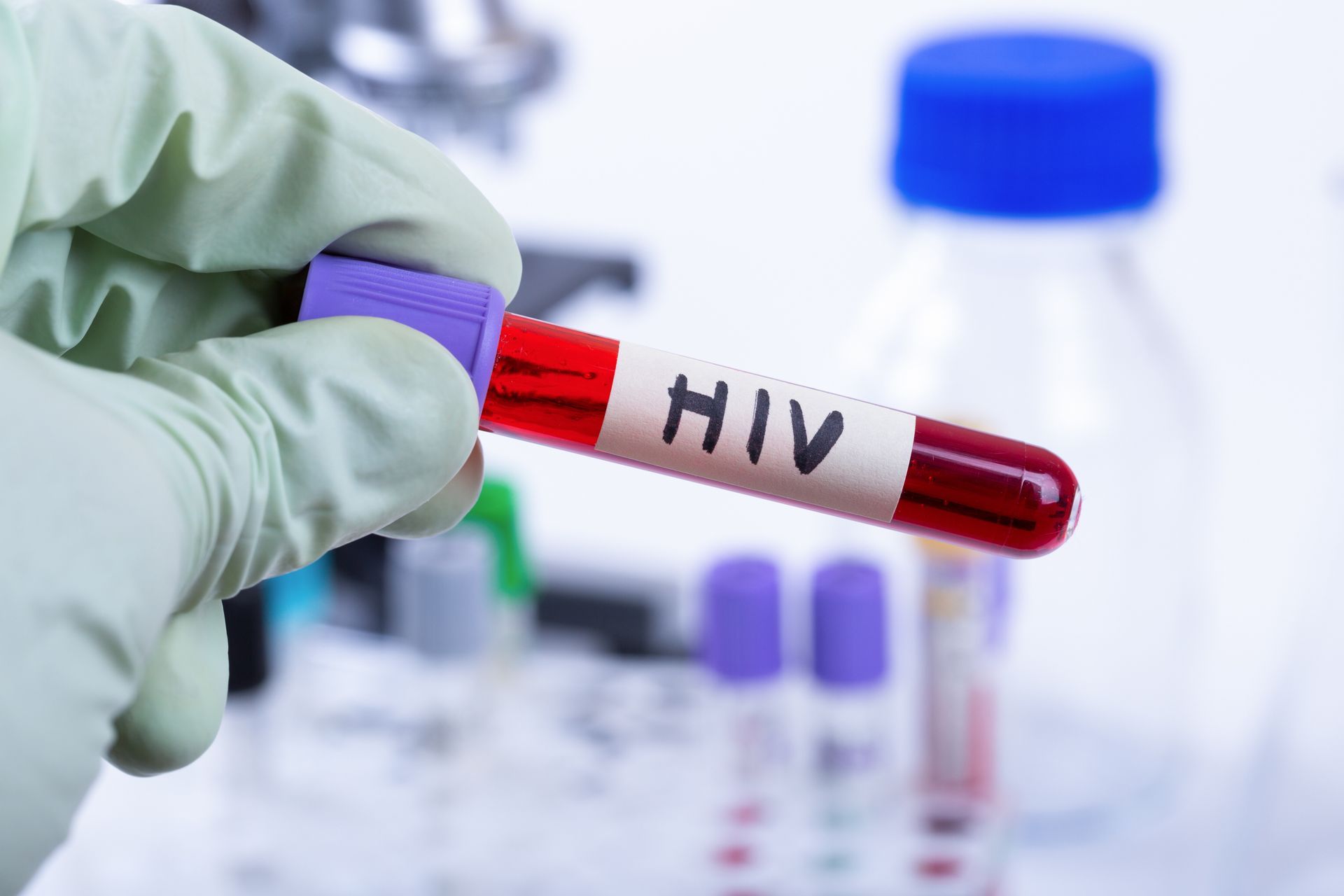Recent Posts
Understanding Pre-Diabetes and the Role of Your Primary Care Doctor in Prevention
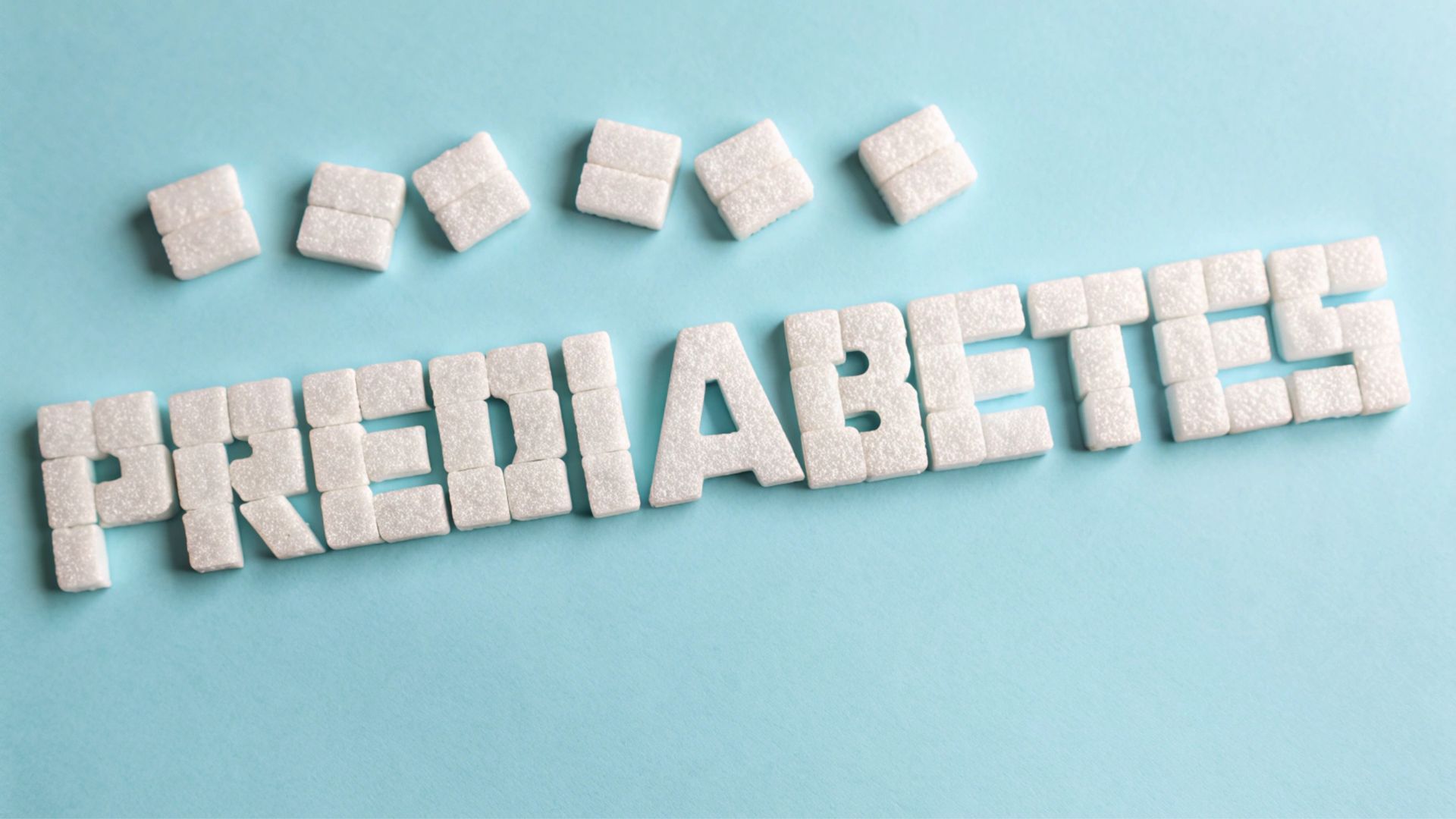
Hearing that you have pre-diabetes can be alarming. Most adults are familiar with diabetes and don’t want the burden of regular blood sugar testing and insulin injections. But what does pre-diabetes really mean? Do you have to start daily monitoring and medication right away? And what can you do to prevent it from progressing to diabetes?
Pre-diabetes is a critical window of opportunity. It means your blood sugar levels are higher than normal but not yet high enough to be classified as type 2 diabetes. The good news? With the right support and lifestyle changes, many people can reverse pre-diabetes and avoid the serious health complications that come with full-blown diabetes.
Your primary care doctor is your most valuable ally in making that happen.
What Is Pre-Diabetes?
Pre-diabetes occurs when your body begins to have trouble managing glucose (sugar) in the bloodstream, often due to insulin resistance.
It’s typically diagnosed through one of the following tests:
- Fasting Blood Glucose: 100–125 mg/dL
- A1C Test: 5.7%–6.4%
- Oral Glucose Tolerance Test: 140–199 mg/dL after 2 hours
While you may not experience obvious symptoms at this stage, pre-diabetes is your body’s way of waving a yellow flag. It’s a sign that changes need to happen to avoid crossing into diabetes territory.
Does Pre-Diabetes Always Lead to Type 2 Diabetes?
Not necessarily. Pre-diabetes is not a guarantee of future diabetes, but it is a major risk factor. According to the CDC, up to 70% of people with pre-diabetes eventually develop type 2 diabetes if they don’t make changes.
However, early intervention can delay or completely prevent progression. Catching it early gives you a much better chance of turning things around.
Why Prevention Is Easier Than Reversal
It’s much easier to prevent diabetes than it is to manage or reverse it after diagnosis. Once type 2 diabetes sets in, it can:
- Damage your kidneys, nerves, eyes, and heart
- Require daily medications and testing
- Demand strict dietary and lifestyle changes
With pre-diabetes, your body is still responsive to insulin. Taking action now allows you to improve insulin sensitivity and restore balance—without the long-term complications that come with diabetes.
The Role of Your Primary Care Doctor in Treating Pre-Diabetes
Your primary care provider (PCP) plays a central role in catching, monitoring, and reversing pre-diabetes. This isn’t just about a blood test and a pamphlet. It’s about building a long-term, sustainable plan.
1. Monitoring and Early Detection
Regular wellness exams and blood work help your PCP:
- Identify pre-diabetes early
- Monitor A1C and glucose trends
- Track your response to treatment
2. Personalized Lifestyle Recommendations
Every person’s needs are different. Your PCP will tailor a plan to your health history, medications, and lifestyle. This may include:
- A balanced eating plan focusing on fiber, lean protein, and low-glycemic carbs
- A realistic exercise routine to improve insulin sensitivity
- Stress and sleep management techniques, which are often overlooked but crucial
3. Prescriptions and Medical Support
In some cases, lifestyle changes aren’t enough. Your PCP may:
- Prescribe medications like metformin
- Screen for related risks like high blood pressure or cholesterol
- Help manage multiple conditions in a coordinated way
4. Accountability and Ongoing Support
Lifestyle change is hard without support. Your PCP will:
- Schedule regular check-ins
- Adjust your care plan based on progress
- Refer you to specialists like a dietitian or diabetes educator, if needed
You don’t have to do it alone. Your care team is here to help every step of the way.
Small Changes Can Have a Big Impact for People With Pre-Diabetes
You don’t need to change everything at once. Research shows that:
- Losing just 5%–7% of your body weight
- Getting 150 minutes of moderate exercise per week
can significantly reduce your risk of developing type 2 diabetes. Your PCP can help you take these steps in a way that feels realistic and sustainable.
Partner With Our Houston Healthcare Facility for Prevention That Works
One of the clearest examples of the power of prevention is pre-diabetes management. It’s a rare condition that can be easily diagnosed and often reversed—but only if you take action early.
At St. Hope Healthcare, our PCPs take a proactive, compassionate approach to help you take control of your health before diabetes forces you to upend your lifestyle.
Don’t wait for a diabetes diagnosis.
Schedule an appointment with St. Hope Healthcare online or call
(713) 778-1300 to get started today.


